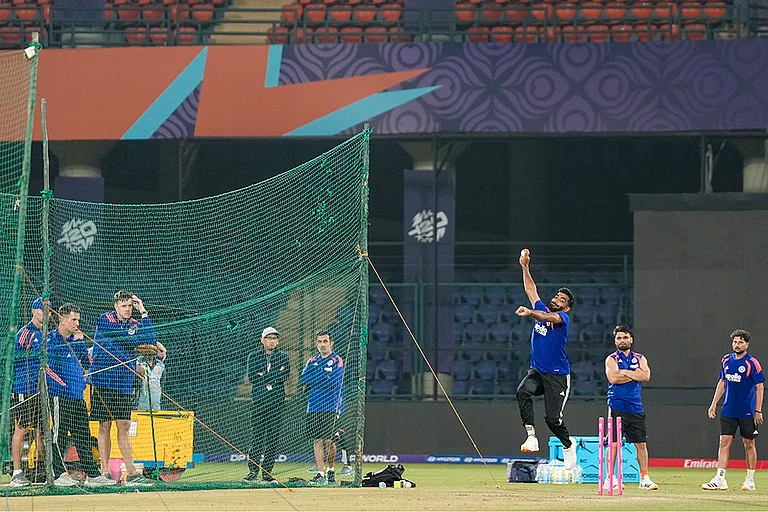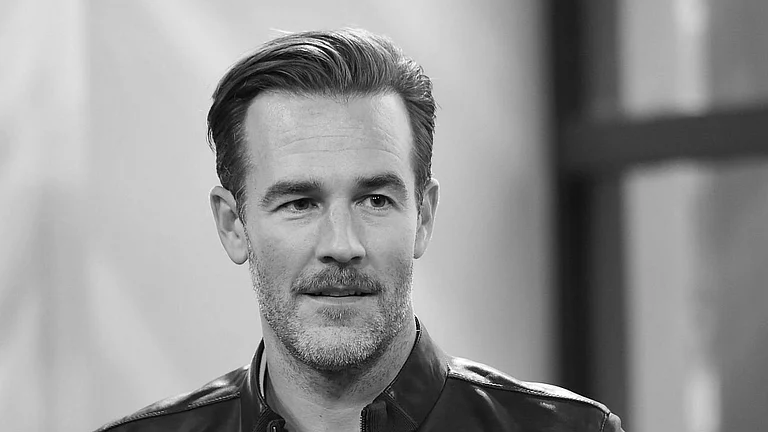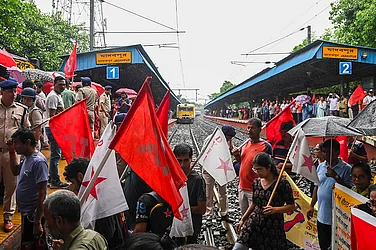The central government on Monday refuted allegations of 'overspending' for the recently concluded G20 Summit in New Delhi, claiming that the funds were allocated towards permanent asset creation and other infrastructure development, and not just for hosting the summit.
According to the budget for 2023-24, the government had allocated Rs 990 crore for G20 presidency. Over Rs 4,100 crore was spent on Delhi in lead up to the G20 summit, according to a document posted by Union Minister Meenakshi Lekhi on X. As per the document, the cost was incurred by Delhi and central government agencies. A separate post by Trinamool Congress MP Saket Gokhale claimed that the government spent 300 percent more on the G20 than the funds allocated in the budget.
The Press Information Bureau, in a Fact Check post, dismissed the claims, saying it was 'misleading'. "This claim is misleading. The quoted expenditure is mainly for permanent asset creation by ITPO and other infrastructure development, which is not limited to hosting the G20 Summit alone," it said in a post on X.
Gokhale, the national spokesperson of TMC, had asserted that the fund allocated for the G20 summit in the last Union Budget was Rs 990 crore, but the government spent up to Rs 4100 crore. However, the central government claimed that the amount was spent on permanent asset creation by the India Trade Promotion Organisation (ITPO) at Pragati Maidan and other infrastructure development, and was not limited to hosting the G20 Summit alone.
The Congress party too had criticised Prime Minister Narendra Modi, and claimed that he was using the event to enhance his public image ahead of the 2024 Lok Sabha elections. "PM Modi spent extra money to put up his posters ahead of the Lok Sabha election, to shine his image. Covering up the poor of the city, PM Modi made elaborate arrangements for the guests including the silver and gold-plated tableware," a video put out by the party said.
The two-day summit was attended by top world leaders including US President Joe Biden, UK Prime Minister Rishi Sunak, Brazil President Luiz Inacio Lula da Silva, Japan Prime Minister Fumio Kishida, and Italy Prime Minister Giorgia Meloni.


























